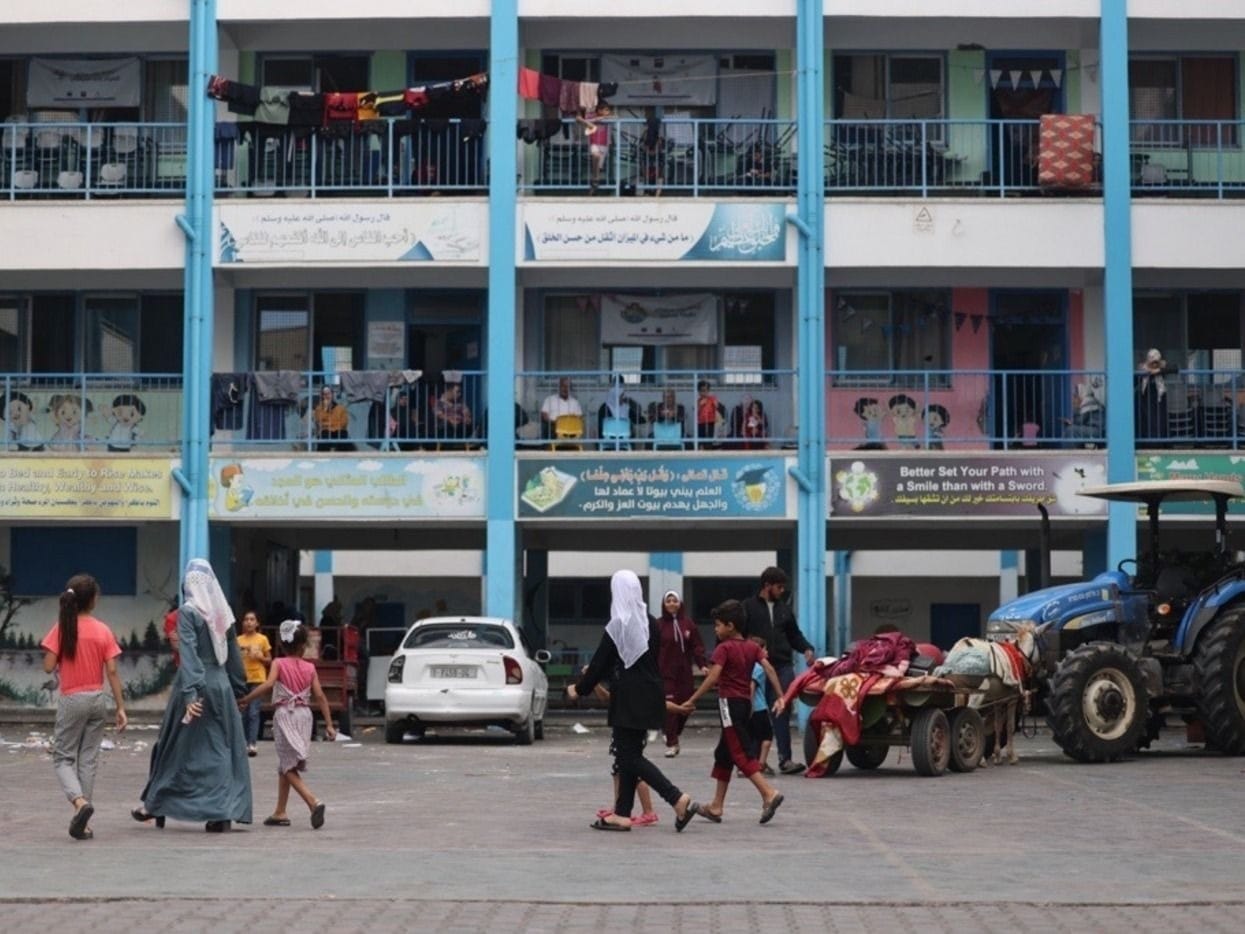With Gaza under siege by Israeli armed forces after Hamas’ deadly surprise incursion into Israel, international aid organizations trying to help the innocents caught up in the fighting are urgently appealing for a humanitarian corridor in Gaza and adherence to international law.
Israel advised the 1.1 million people living in the northern Gaza Strip on Friday to move south within the next 24 hours "for their own safety" before air strikes begin. Hamas urged people to stay and called the evacuation order “psychological war.”








